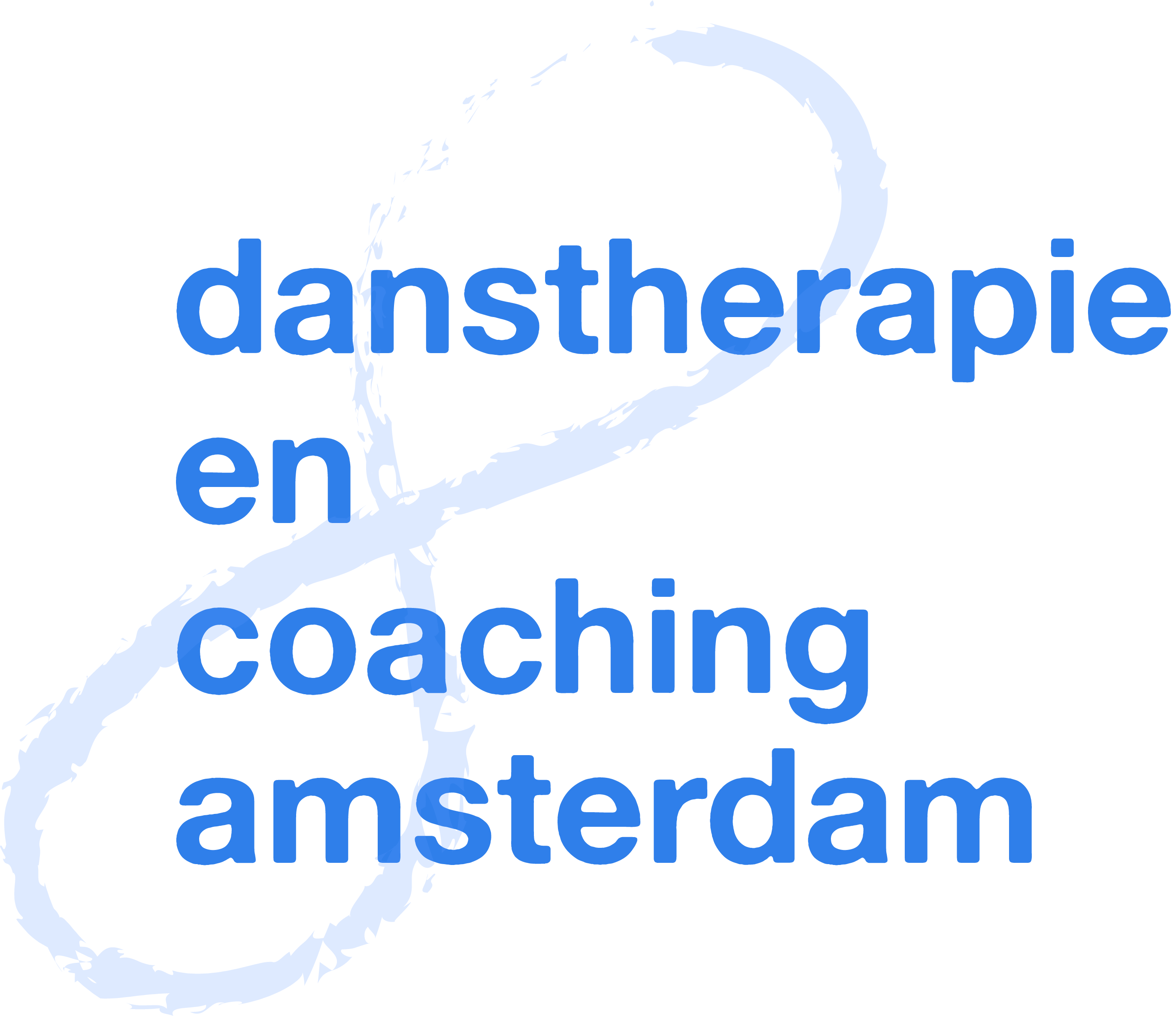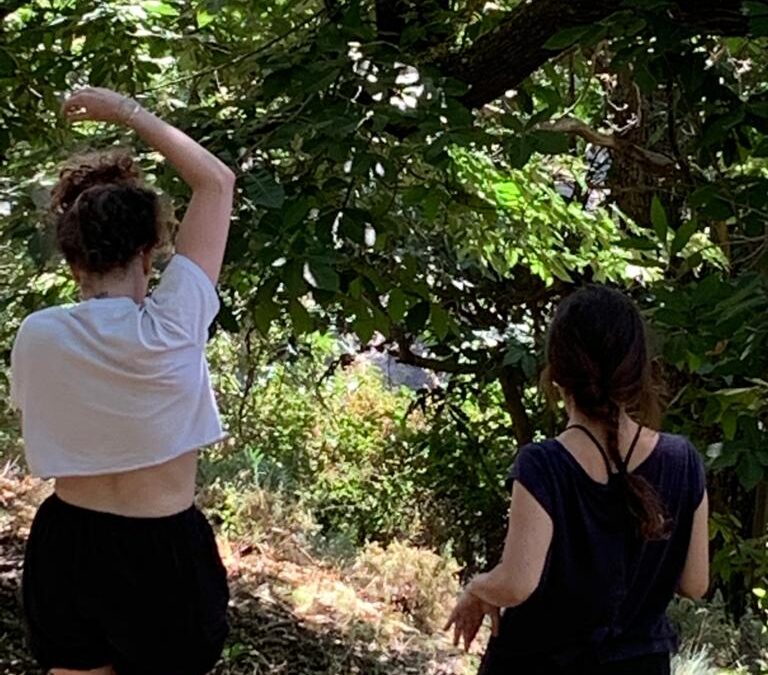Action and rest
I’ve been quiet lately. I did what I needed to do, and as soon as it got dark, all I wanted to do was eat, light candles, read a book or watch a movie. The weather was also rather nasty. I unconsciously took a rest from all social media, I didn’t want to see what others were doing and I didn’t want others to know what I was doing, because it didn’t feel very interesting, even to myself. I got a little bored with myself and wondered how it was possible that I couldn’t even finish simple tasks that would give me a little more life energy. But yes, of course, I have been very busy for a long time, and it makes sense that I need rest. But how should I rest? Should it be nice? And how do I know when rest turns into lethargy, into a downward spiral of non-action that doesn’t feel so restorative?
The rhythms in our life
Like plants and animals, we have rhythms of action and rest. In the periods of action we grow, expand, flourish, act, and in the periods of rest we may be growing invisibly beneath the surface of the earth, but further just eat, sleep and do nothing. In the Laban Bartenieff Movement System, we look at patterns of Exertion/Recuperation. Recuperation does not necessarily mean we do nothing, plop on the couch or sleep. If we have had a strenuous day at the computer, the best recuperation may be to go running or walking in nature. So, my question is how are the patterns of Exertion/Recuperation connected to the patterns of Action/Rest and the patterns of the Sympathetic/Parasympathetic Nervous System in my life?
Queen of recuperation
My colleagues often say that I am the queen of recuperation, and that I could make money sharing my knowledge. It is true that I like to have time to balance out my work times with time for myself, indulging in nice activities. But in my opinion, my body just reacts badly to overload. My body is clear in giving feedback: “please stop, look at the sky, take a deep breath, feed me good food, take it easy, stop social activities.” When I ignore this voice, I feel bad, overwhelmed, and angry. It is easier and wiser to listen to my body.
Balance is key
I love my work; I like to challenge myself with physical and mental exertion. I get energy from actions, and the challenges I face keep me active in life and they encourage growth. But when I overexert myself, my body experiences stress. Then workdays feel too long, and my body cannot catch up with the rest, my sympathetic nervous system works overtime, and my sleep becomes poor. This is the case with all dualities; one is not good without the other. The main issue is the balance between them. I have often read that it is good to be bored occasionally because it helps us become more creative. This only works for me if I don’t distract myself with too much social media. I need to be with myself right now with what is real; sitting where I am sitting, watching my cat, hearing the sounds outside, looking at the flower on my table. I need to get rid of the “too much information” that is constantly coming my way. This is a real challenge. Distractions have become so normal that we lose our perspective on what is essential, what does us good and what we crave.
Mental, physical and emotional diets
There are many suggestions in books and online on how to restore our balance. My preference is the Ayurvedic perspective. Ayurvedic medicine is more than 5,000 years old. This makes it the oldest practiced health system in the world. The translation of Ayurveda from Sanskrit roughly means “knowledge of life.” Ayurveda is based on the harmony between each individual and nature, on regeneration and relaxation. Ayurveda transforms body and mind, gives a sense of effortlessness, and provides renewed strength in daily life. I like to incorporate into my daily routine simple cleanses such as a tea of fennel, coriander and cumin, simpler meals with fewer ingredients, taking a rest from social media and going to bed early and of course practicing yoga. What I like is that I only need to change one thing in my life and it will change all the other parts as well.
A change in a part is a change in the whole
Change exists in a mobile/stable duality. At least this is how we can experience it. We humans have created patterns that make sense to us and prevent us from feeling lost. The patterns are created through time and repetition and help us understand and live life. But we also create patterns that are not so successful in the long run. Changing these less favorable patterns can be very challenging. Our bodies want to repeat what we did before, so if we want to change something, we must be aware of this automatic programming and bring awareness to the present moment. That’s where the choice lies. Each day we can keep some good patterns and change something we no longer consider helpful. This requires awareness. I can only change a pattern that I recognize. Awareness is something we need to practice. There are several entrances to become more aware and present in our lives. The body is certainly an easy entry point because there is connection to this moment by paying attention to your breathing and other bodily sensations.
How are you today?
My suggestion is to give yourself 5 minutes today to question how you are doing on a physical, emotional, mental and/or spiritual level. Allow yourself to listen to what is there.
How is my body feeling?
Make it specific rather than general, for example: I am breathing calmly, and I feel I want to make my exhalation even slower, or my right shoulder is sore, and I want to put my hand there for some relief and warmth.
How can I find more balance today?
Take a moment to get in touch with yourself and your desire to be more balanced. How can you do something today to get closer to what you long for?

